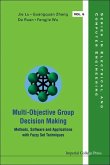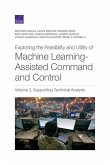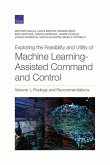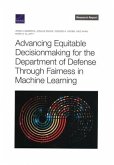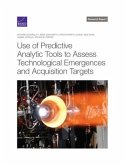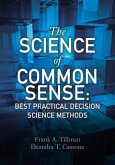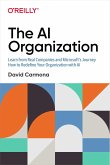Fuzzy Methods for Assessment and Decision Making presents the assessment of learning and problem-solving skills with qualitative grades. These methods are outcomes of the author’s research work on the subject for more than 20 years. In particular, a hybrid assessment model uses the Center of Gravity (COG) defuzzification technique, closed real intervals (grey numbers), neutrosophic sets, and soft sets as tools. The book starts with the basic mathematical background that is needed for an understanding of its contents. The Rectangular Fuzzy Assessment Model (RFAM) of Subbotin and Voskoglou is presented next, the outcomes of which are compared to those of the GPA index. The book presents innovative fuzzy assessment methods, enabling readers to assess the mean and quality performance of learning or problem-solving skills of a group of students when qualitative (linguistic) grades are used for this purpose. In the case of using linguistic grades for the assessment of a group’s skills, the classical method of calculating the mean value of the (numerical) grades cannot be applied. Also, no safe conclusions can be obtained on comparing the quality performance of two groups when the values of their GPA index are equal.
Hinweis: Dieser Artikel kann nur an eine deutsche Lieferadresse ausgeliefert werden.
Hinweis: Dieser Artikel kann nur an eine deutsche Lieferadresse ausgeliefert werden.


